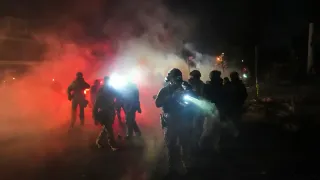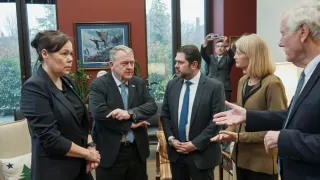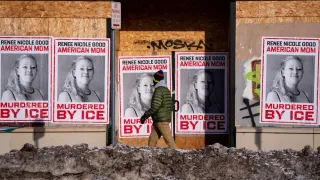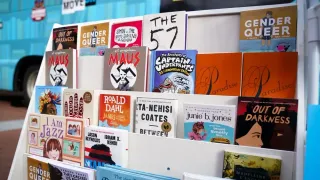January 13, 2015
A Penny For Your Thoughts... or $2.6 Million
Matthew Wexler READ TIME: 1 MIN.
An experimental U.S. penny struck to test a design in 1792 sold at auction for almost $2.6 million a day after another rare penny sold for $2.35 million at the same collectors' convention.
Heritage Auctions in Dallas said the 1792 coin sold Thursday for $2,585,000 to a California man. A Heritage official says the coin is called the "Birch cent" after engraver Robert Birch.
The official calls it the "finest" of only about 10 known surviving examples of the pennies struck to test a design depicting "Miss Liberty," surrounded by the words "Liberty Parent of Science & Industry." That motto wasn't adopted for circulating coins.
A U.S. penny from 1793 sold Wednesday for $2.35 million. It's known as a "chain cent" because of the design on the back.






